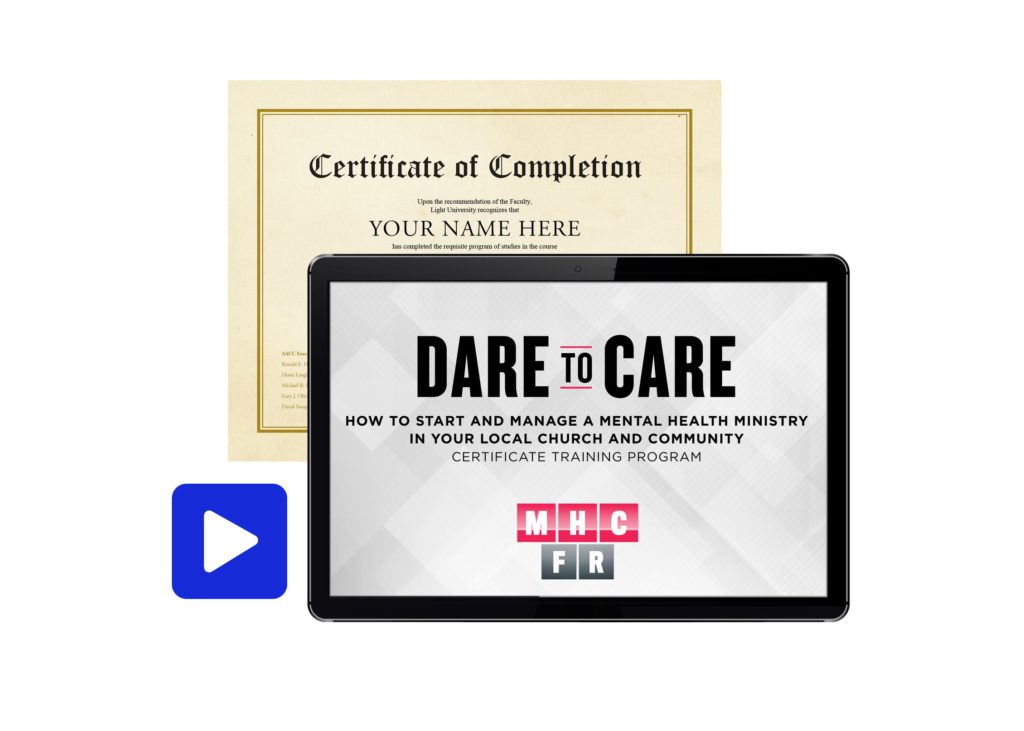Why Your Church Needs a Mental Health Ministry
Why Your Church Needs a Mental Health Ministry
Categories: AACC BLOG

__________________________
Mental health has become one of the most pressing issues that affects individuals from all walks of life, including those in our church communities. While churches often spend time and resources focusing on ministries related to spiritual development and growth, like marriage, parenting, outreach, and youth; it is equally essential to address the mental health needs of their congregants. This is where a mental health ministry comes in.
A mental health ministry is a program within the church community that offers emotional and psychological support to individuals struggling with mental health issues. This ministry aims to provide a safe environment for people to talk openly about their mental health concerns without the judgment or stigma that is often associated with it. Here are some reasons why churches should be on the front line of mental healthcare and ministry:
Addressing the Stigma Around Mental Health
The COVID-19 pandemic exacerbated the mental health challenges we were already facing. Statistics show that the pandemic caused a 25-27% increase in the prevalence of depression and anxiety around the world, and an estimated 160 million Americans live in areas with mental health professional shortages.
The stigma around mental health makes it difficult for individuals to seek help. Some people may feel ashamed or embarrassed to talk about their mental health struggles or be afraid to be judged. In faith communities, individuals can be seen as “weak” or “do not pray enough” if they admit they struggle with their mental health.
By having a mental health ministry, churches can help to break down these barriers by offering a supportive and encouraging environment where individuals can share their experiences without fear of judgment or shame.
Outreach and Discipleship
Mental health is one of the most significant mission fields for the foreseeable future. A mental health ministry is designed to reach people in your church and your community. Research shows that people will often reach out to a faith leader or church before they see a mental health professional. This gives churches and pastors an opportunity to be “first responders.”
This is why churches and staff must be adequately trained to respond to mental health-related concerns and have a place to connect them to care. A mental health ministry empowers your church to minister to those struggling with mental health issues and let them know they are not alone through small groups and trained peer coaches.
Encouraging Professional Help
While a mental health ministry can provide initial care and response, it should not be a substitute for professional help for individuals with serious mental illness. Churches should encourage individuals who are struggling with mental health issues to seek professional help from a licensed therapist or counselor.
However, a mental health ministry can help bridge the gap between the church community and mental health professionals by providing education, resources, and referrals. Professional-level care is also not a substitute for the type of support, care, and community that churches and peers can provide.
Incorporating Mental Health into Church Activities
One of the easiest ways to get started is by incorporating mental health into regular church activities and ministries. For example, churches can offer mental health workshops, seminars, or support groups as part of their regular programming. This can help normalize mental health conversations and create a more supportive community.
We encourage you to consider starting a mental health ministry to provide additional support and resources to those in need.

If your church does not have a mental health ministry, we offer a step-by-step guide in our course “Dare to Care: How to Start and Manage a Mental Health Ministry.”
